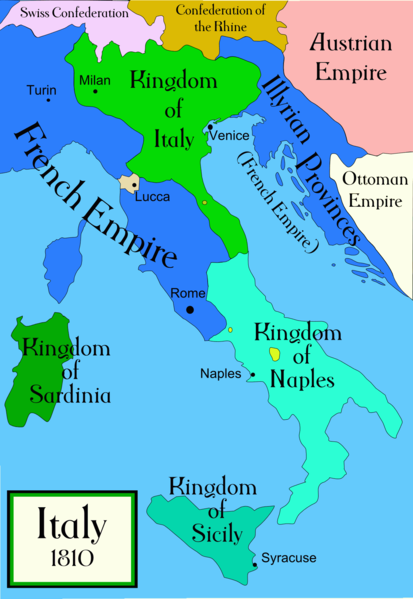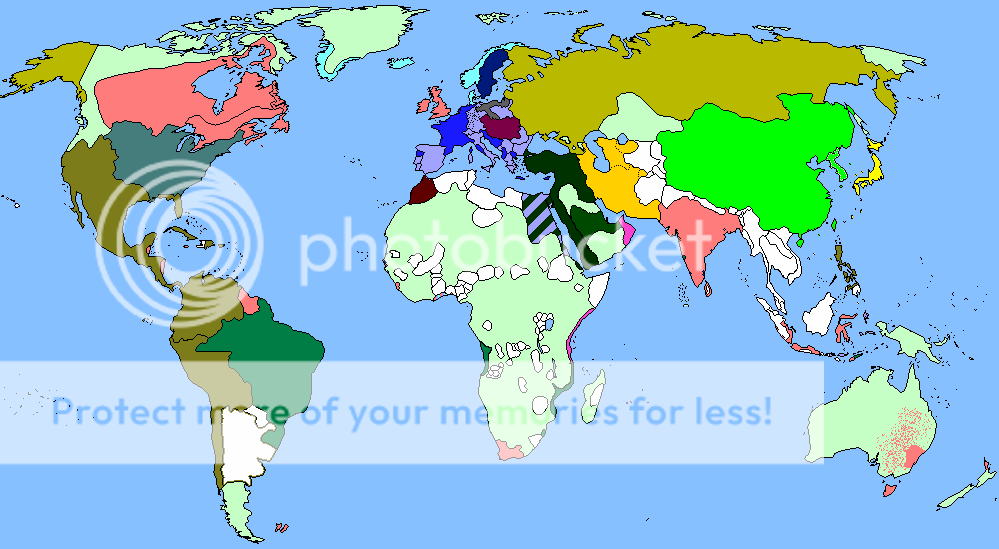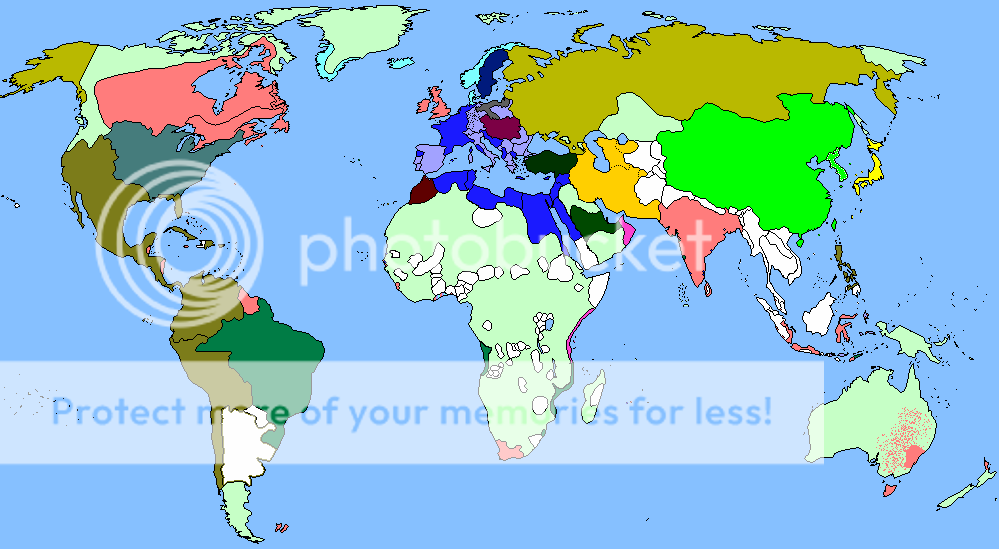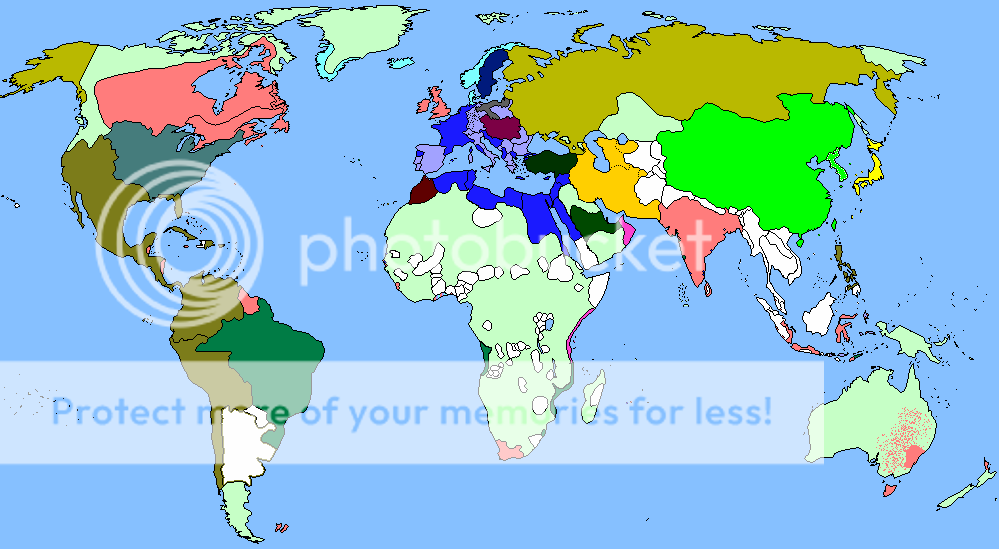wormyguy
Banned
Lets say that Napoleon successfully invades the Ottoman Empire for whatever reason. What I'm interested in is what the final peace deal would look like.
Here's what I think possible peace deals might look like - feel free to tell me if I'm wrong.
1. Limited peace (i.e. Austria, Prussia): Serbia, Montenegro, Greece, Bulgaria, and Romania (unified from Moldavia and Wallachia) are placed under members of the Bonaparte family, French generals, or client monarchs from Germany or Italy. Bosnia is put under direct French control, as are the Ionian islands, Crete, Rhodes, Cyprus, the Cyclades, and any other Greek island chains I forgot. Albania is either put under direct French control or given to Naples. A pliant cousin of the Osman family is placed on the throne, and the Ottomans are forced to accept France as perpetual protector of the Ottoman Christians and grant other significant concessions to France. Egypt and/or Palestine are possibly made French protectorates.
2 Total redrawing of borders (i.e. Italy, the former HRE): As above, but all the Arab territories of the empire are made French protectorates, with the more ungovernable ones being given independence under local leadership. Thrace, and the opposing sides of the Bosporus and Dardanelles are placed under a "Republic of Constantinople," while the remainder (Anatolia) is renamed Turkey and either branded a republic or given to a puppet monarch.
Here's what I think possible peace deals might look like - feel free to tell me if I'm wrong.
1. Limited peace (i.e. Austria, Prussia): Serbia, Montenegro, Greece, Bulgaria, and Romania (unified from Moldavia and Wallachia) are placed under members of the Bonaparte family, French generals, or client monarchs from Germany or Italy. Bosnia is put under direct French control, as are the Ionian islands, Crete, Rhodes, Cyprus, the Cyclades, and any other Greek island chains I forgot. Albania is either put under direct French control or given to Naples. A pliant cousin of the Osman family is placed on the throne, and the Ottomans are forced to accept France as perpetual protector of the Ottoman Christians and grant other significant concessions to France. Egypt and/or Palestine are possibly made French protectorates.
2 Total redrawing of borders (i.e. Italy, the former HRE): As above, but all the Arab territories of the empire are made French protectorates, with the more ungovernable ones being given independence under local leadership. Thrace, and the opposing sides of the Bosporus and Dardanelles are placed under a "Republic of Constantinople," while the remainder (Anatolia) is renamed Turkey and either branded a republic or given to a puppet monarch.



